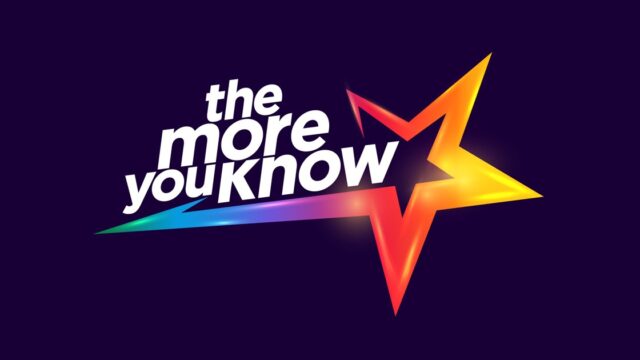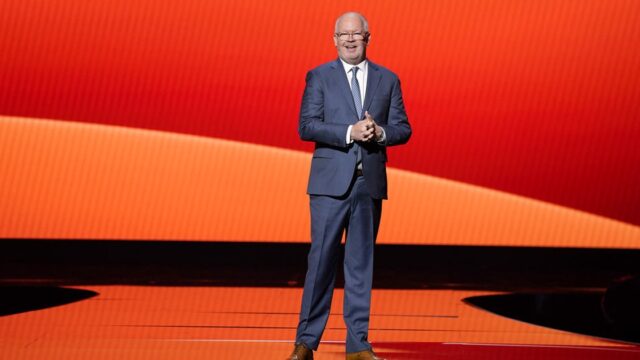NBCUniversal and Blockgraph are looking to bring more efficiency and capabilities to the TV advertising landscape.
Today, NBCU and the privacy-focused tech and data company announced a new partnership to optimize first-party data activation for the media and entertainment industry. The collaboration looks to enhance the use of first-party data in marketing campaigns across One Platform, driving improved outcomes for brands and marketers.
Through data integration with NBCUnified, the partnership will allow advertisers, agencies and measurement companies to use first-party data more efficiently and effectively for planning, targeting and measurement.
Krishan Bhatia, president and chief business officer at NBCUniversal, told Adweek the collaboration is a “continuation and a doubling down of NBCUniversal’s strategy to invest in first-party identity and data,” which the company sees as the future of television advertising.
“This latest chapter and our partnership with Blockgraph is to scale the way that we resolve identities based on the unique participants in the Blockgraph platform and do that a lot more efficiently on an always-on basis,” Bhatia said. “And then ultimately also be able to enable additional use cases within the footprint of the Blockgraph participants that we might distribute content on the MVPDs to enable addressability, attribution, measurement, use cases, etc.”
Blockgraph is owned by Comcast NBCUniversal, Charter Communications Inc. and Paramount, and Jason Manningham, CEO of Blockgraph, noted that NBCU has been a part of the company’s journey for “quite some time,” but this partnership is an evolution of that relationship as the TV world faces more changes than ever.
When talking about the benefits of the partnership, Manningham noted that the three significant trends of the TV and broader marketing ecosystem include the shift from demos to IDs for targeting, the ongoing shift from third-party to first-party data and the shift from cookies to clean rooms for matching.
“We have felt that there is a fundamental need for technical infrastructure that can ultimately address those three macro challenges and help bring together all the different disparate datasets that exist, but do it in a way that allows every single data owner in that ecosystem to feel comfortable with how their data is being connected with their supply chain partners, whether it’s measurement companies, distribution partners, brands directly, so on and so forth,” Manningham said. “And that’s really what Blockgraph offers.”



